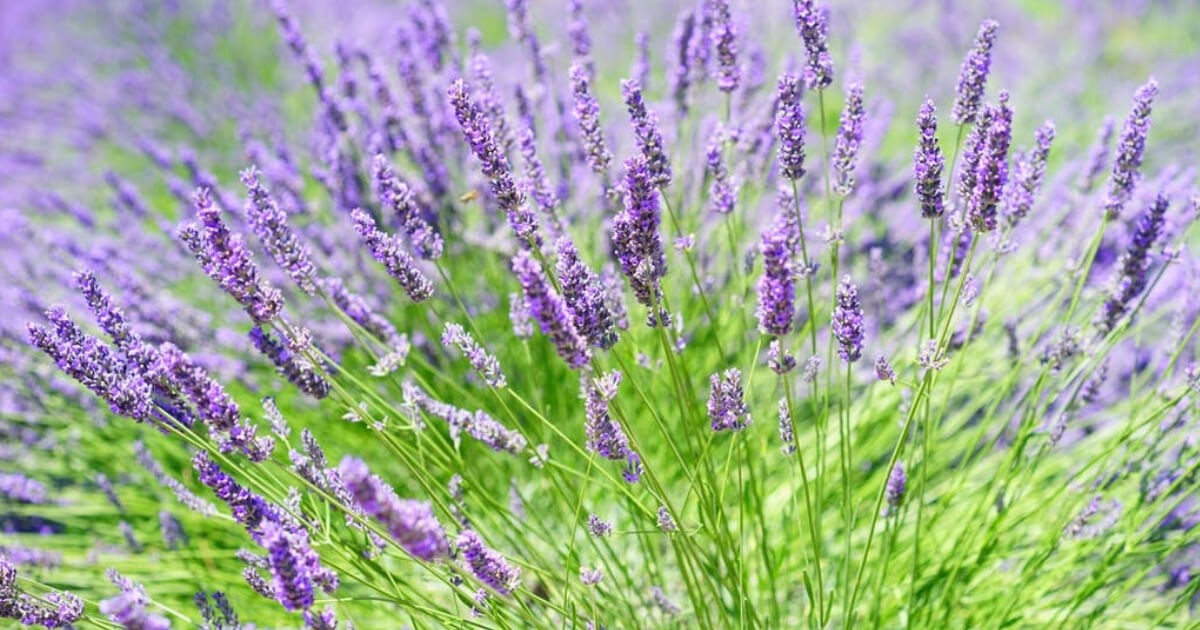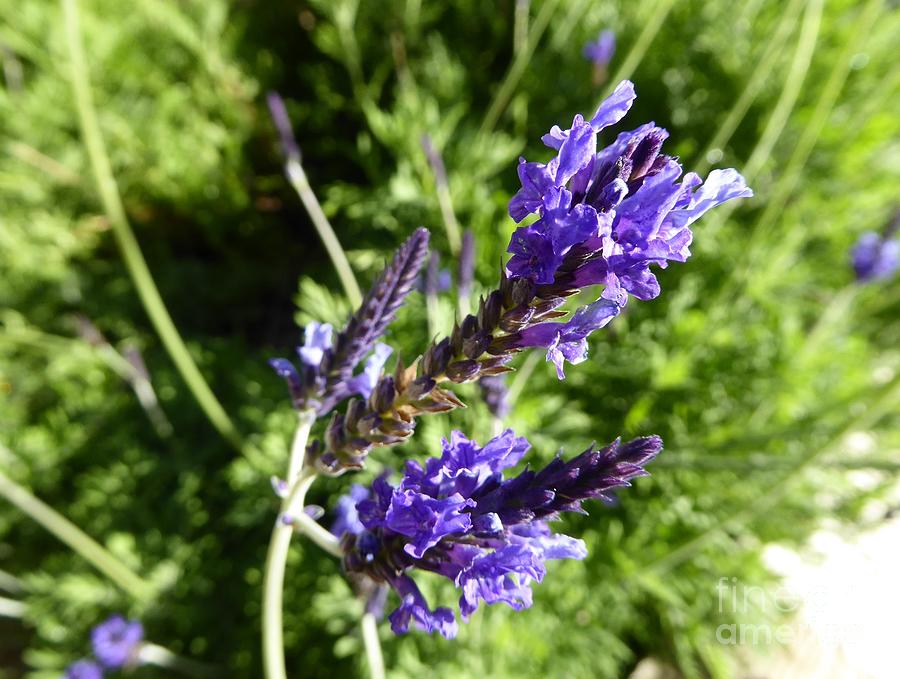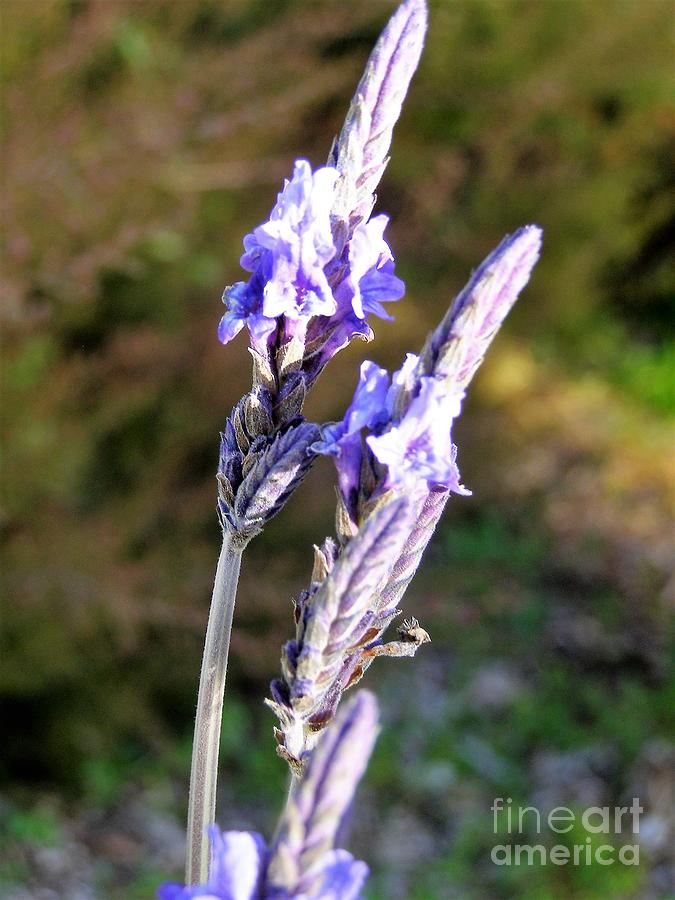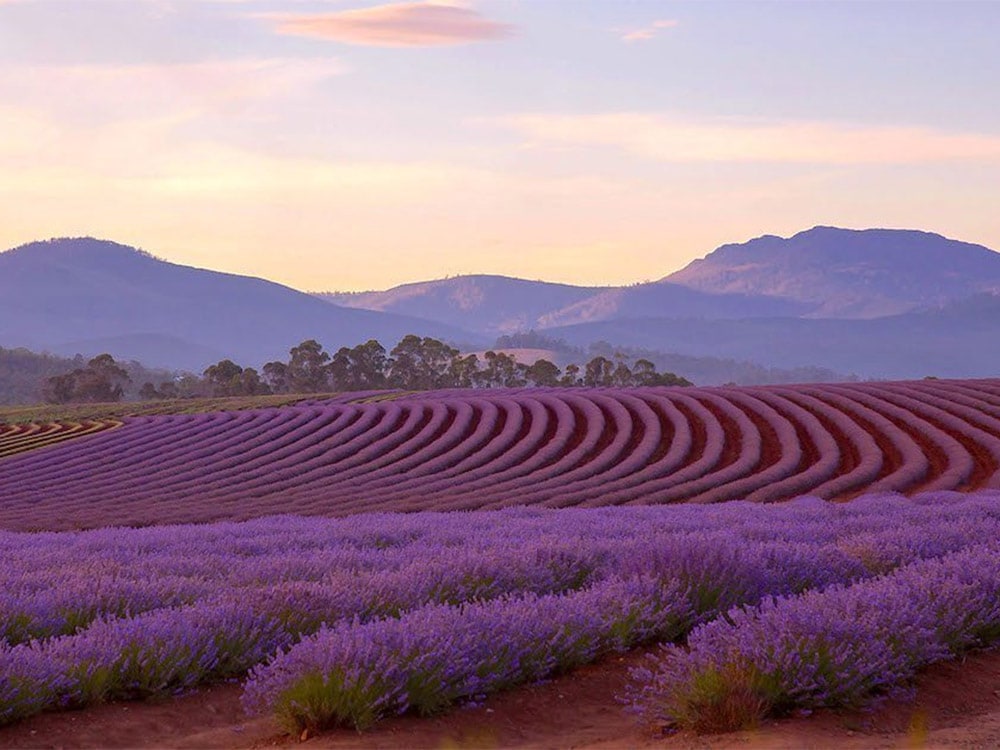
Growing Lavender Plants In Australia
Grevillea. With almost 400 distinct species as well as countless cultivars and hybrids, grevilleas have become widely popular in gardens both in Australia and overseas. Despite this, relatively few species are in general cultivation - there are many others that should be more widely grown. Grafting of some of the more touchy species onto.

Lavender Products And Edible Lavender Australian Grown
Flowers usually appear in mid-spring and can continue right through until early summer. Some common varieties include: Hidcote with lovely dark purple flowers. Betty's Blue with violet-blue flowers. Lavenite Petite with pretty light purple flowers. RELATED: The Best Time to Plant Lavender.

Lavender lavendula. Photograph by Rita Blom
Summary Information. Botanical Name - Grevillea lavandulacea - The Lavender Grevillea. Position - Full sun to a little dappled shade. Soil - Well drained. Height - To .4 meter. Growth rate - Medium. Drought tolerant - Yes once established. Grevillea lavandulacea or 'Lavender Grevillea' is a small growing species, attractive red.

Lavender in full bloom Tasmania Australia [OC] [2048x1536] DestinSparks http//bit.ly/2C4jPiP
Actually native to Spain, with dark purple flower spikes in early summer on bushy shrubs, this is the lavender traditionally used in sachets and potpourri. compact lavender from Plant Management Australia's lavender breeding program. Small flower heads with long ribbon-like bracts are held above the foliage. It tolerates drought, repels.

Australian Native Lavender lavendula. Photograph by Rita Blom Fine Art America
Grevillea lavandulacea. Family: Proteaceae Distribution: Heath and woodlands in western Victoria and south-eastern South Australia Common Name: Lavender Grevillea Conservation Status: Not considered to be at risk in the wild Derivation of Name: Grevillea…after Charles Francis Greville, co-founder of the Royal Horticultural Society lavandulacea…resembling the genus Lavandula

lavender starting to bloom Australian native plants, Plants, Native plants
Hey, I'm Nathan Schwartz, team member at Aussie Green Thumb since 2020. I have a passion for edible plants and Australian native plants, both in the garden and in the Aussie bush. As an avid traveller and camper, I love seeing the different landscapes and flora that Australia has to offer, and try to incorporate this into my own daily living.

Lavender Hydrosol NAP
Yanchep Lavender Farm, WA. Yanchep, a coastal suburb of Perth, is better known for being home to Yanchep National Park: a beautiful slice of native bush with koala colonies, wild kangaroos, and fascinating Aboriginal lifestyle and cultural programs. Veer inland a touch and you'll also encounter 25 acres of pristine lavender fields.

Lavender English Australian Plants Onlineaustralian english lavender online plants in
Mission. LavData supports the production of consistent, sustainable and high-quality lavender and lavender oil by providing a single access point to share and access data on lavender in Australia. LavData provides a platform that supports the sharing and communication of knowledge on lavender species characteristics, growth and production.

Australia's lavender industry is booming The Farmer Magazine
It is native to the Mediterranean region of Europe, but has been grown and cultivated in many other parts of the world, including Australia. While the majority of the lavender grown in Australia is of the same species as found in Europe, there are also some species of lavender that are native only to Australia.

Rows of Lavender Lavandula in South Australia Stock Image Image of ocimeae, rows 139230197
Plant the seedlings 30-40cm apart so there's enough space between shrubs. Mulch with organic matter to help it retain moisture. Water once or twice a week until plants are mature. 2. How to propagate lavender. When propagating lavender, cut stems from your lavender plants after flowering (mid- to late summer).

Grevillea lavandulacea (Lavender Grevillea) Australian native plants, Australian plants
Therefore, either plant your lavender in a frost-free spot in autumn or hold off planting it until spring has sprung and the danger of frost has passed. Remember that lavender is essentially a Mediterranean plant and therefore, prefers fairly hot and dry conditions. This means that really good drainage is essential.

Lavender in Tasmania Tasmania, Lavender farm, Lavender fields
Lavender Lavender is a hardy perennial shrub prized for its strong, distinctive fragrance and attractive purple flowers. Its aromatic oils and dried blog money-back guarantee delivery australia-wide call us on 1300 606 242

The Best Lavender Farms In Australia
Mound the soil to elevate plants by around 20—30cm. Lavender is best grown on slopes, or in pots and planters. It is difficult to grow in clay and acid soils; clay soils in particular hold too much moisture, which can cause lavender to 'drown'. Growing lavender in pots is an option where soils are poorly drained, however, take care that pots.
A Growing Delight As a Prelude..
What you need to know about lavender. Name: lavender (Lavandula). Plant type: perennial shrub. Height: typically 80cm-1m.Dwarf forms 30-50cm tall. Foliage: grey and fragrant. Climate: southern parts of Australia. Soil: well-drained alkaline soil. Position: full sun or part shade. Flowering: mostly spring and summer, spot flowering at other times. Feeding: yearly feeding with a complete.

Australian lavender field Harry Goemans Garden Centre
Chin Chin Farm is the only commercial lavender farm located in the Eastern Macedon Ranges. As a family-owned business, Chin Chin Farm is dedicated to sustainable farming practices and cultivates exquisite culinary grade lavender varieties. With a commitment to regenerative agriculture and the highest quality products, Chin Chin Farm offers a.

The Most Beautiful Lavender Farms In Australia
Also called true or common lavender, it's actually native to the Mediterranean. The small flowers attract bees and butterflies. It's aromatic when brushed against or crushed and is cultivated for its high-quality lavender oil. Form: Up to 90cm-high clumps with wispy inflorescences at tips in blue-purple, blue-violet, lavender or white-pink.